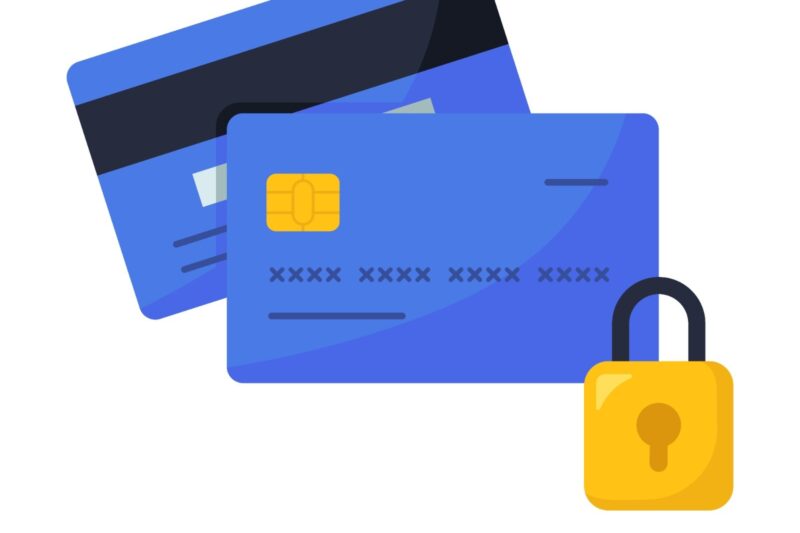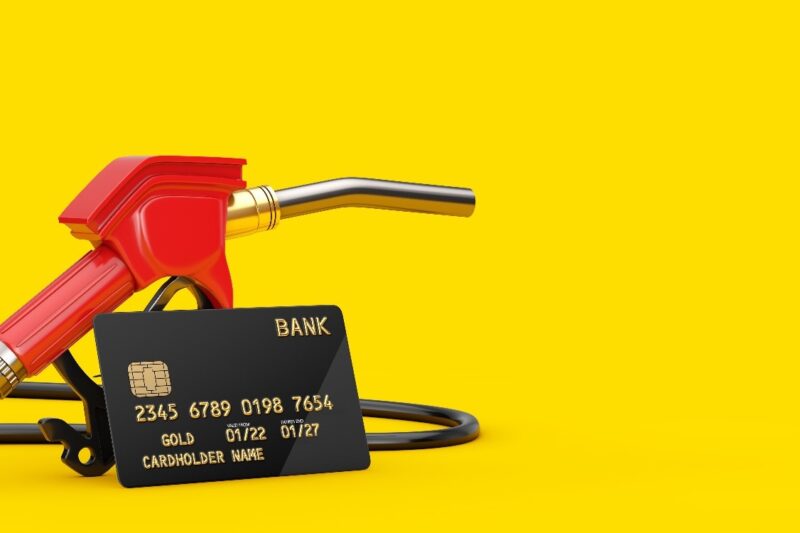According to how you manage them, having several credit cards may represent a benefit or a disadvantage. They provide more benefits, flexibility, and even quicker credit growth when managed correctly. However, if not managed properly, they can result in growing debt and a damaged CIBIL report.
Using your credit cards properly is more important for good credit management than the number of cards you have. The secret to long-term financial success is learning to balance spending, payments, and rewards, regardless of how many you own.
1. Give Every Card a Purpose
Knowing why you have several credit cards is the first step to managing them effectively. Each one should have a specific financial purpose; otherwise, you won’t be able to keep track of where your money is going.
For example:
- Use a single card for utilities and groceries.
- Another for subscriptions and online purchases.
- A third for fuel or travel benefits.
You get clarity and control when you give each card a purpose. It gets simpler to keep better financial discipline, track benefits, and control spending.
2. Stay Ahead of Due Dates
Missing payments is the largest error that cardholders make. Just one delay can have an effect on your CIBIL report and result in high interest or late fees. It can be challenging to remember due dates when you have many cards, but it’s easy if you plan.
Here are some tips to help you stay on the right track:
- Set up email or phone reminders for payments.
- Set up automatic payments for all that is due.
- To make tracking easier, ask your bank to arrange the billing cycles.
Making on-time payments shows lenders that you have sound financial discipline and improves your credit card management practices.

3. Keep Credit Utilisation in Check
Your financial profile is greatly impacted by your credit utilisation ratio, which is the amount of credit that you use in connection with your credit limit. Experts suggest keeping it to less than 30%.
For example, try to spend no more than 60,000 rupees per month if your total credit limit on all of your cards is 2,00,000 rupees. Your CIBIL report score could drop if high utilisation gives lenders a sense that you depend too much on credit.
Dividing costs evenly across all credit cards rather than maxing out one is a sign of smart credit card management. This strategy keeps your credit health and financial security.
4. Pay More Than the Minimum Due
While it might seem easy, paying just the “minimum due” can lead to financial difficulties. As interest continues to increase, your debt quickly becomes unbearable.
Paying off your credit card debt in full each month is an indication of good credit management. To keep interest low, if that isn’t possible, at least pay more than the minimum. This improves your CIBIL score and shows lenders that you are a responsible borrower with good money management skills.
5. Track Rewards Without Overspending
Having several cards regularly translates into more reward points, cashback advantages, and savings. Even though it may be attractive, getting rewards without a plan can result in overspending, which is a common credit card management error.
Make strategic use of rewards,
- Use your points to buy important things like airline tickets or reductions of yearly fees.
- Don’t spend money just to get more points.
- To get the most out of rewards, keep track of their expiry dates.
6. Review Your Statements Regularly
Although it may seem difficult, reviewing your monthly statements is essential for responsible credit card management. Illegal transactions, errors, or hidden fees may go undetected.
Develop the practice of,
- Examine each transaction in detail.
- Report any suspicious charges right away.
- Keep an eye on your entire outstanding balance.
7. Don’t Fall for Too Many New Offers
Credit card companies frequently use ‘lifetime free’ cards, pre-approved limits, and new offers to attract you. Despite how appealing they are, opening too many accounts can negatively impact your credit report and make managing your credit cards more difficult. Your credit score may be slightly lowered by the hard inquiry that each new application causes on your CIBIL report. More due dates, a greater chance of missed payments, and trouble keeping track of spending are all consequences of having too many open accounts. Keep only the cards that genuinely improve your lifestyle, and prefer quality over quantity.
8. Maintain a Healthy Credit Limit Balance
Another essential component of credit card management is carefully controlling your credit limit. Even if you want to pay it off quickly, don’t use all of your cards at once.
Maintaining a healthy balance between use and repayment improves your CIBIL score and opens doors to future credit offers with higher limits. Additionally, it shows lenders that you are financially responsible by having both access to and control over your credit.

9. Build a Long-Term Relationship with Your Cards
The key to successful credit card management is long-term, responsible use. Lenders consider your credit profile as stronger the longer your account history is. Your CIBIL report score can be lowered and your credit history reduced if you close old cards promptly.
Make small purchases every few months to keep your old cards active if they have no annual fees. It adds years of good information to your credit history and helps you keep your credit line stable.
Conclusion
It doesn’t have to be difficult to manage several cards. You may gain without having to worry about it if you manage your credit card carefully, get timely reminders for payments, and keep your credit utilisation under control. Maintain order, make careful purchases, and use your cards to support your long-term financial growth.




